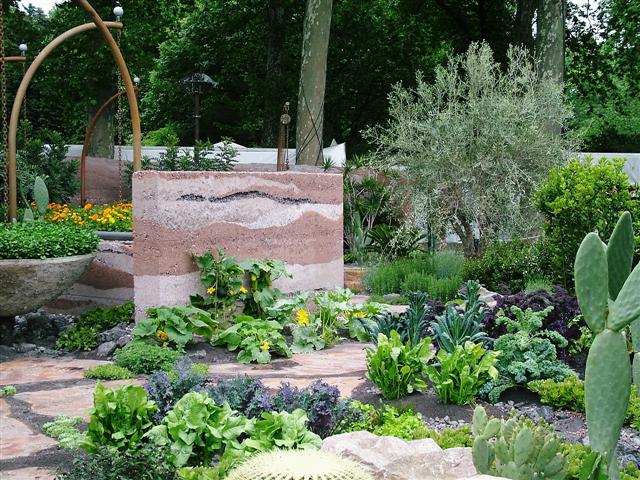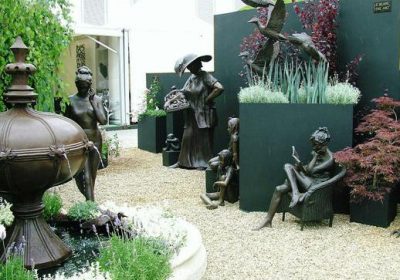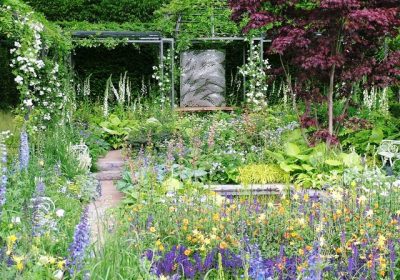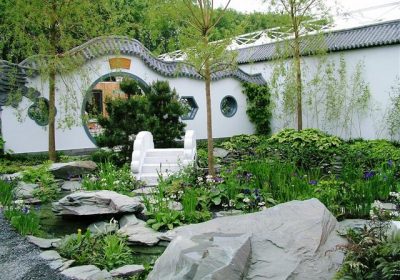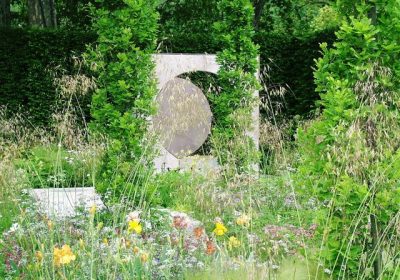Bradstone – 600 Days with Bradstone
Description
Bradstone
‘600 Days with Bradstone’
Site number: MA 22
Designer: Sarah Eberle
Sponsor: Bradstone
Press contact: Helen Watson, Armadillo
Press contact tel: 0115 941 7887 or 07717 765444
Press contact email: [email protected]
Contractor: Hillier Landscapes
Exhibitor Address: Bradstone, Hulland Ward, Ashbourne, Derbs, DE6 3ET
This garden is a terrestrial space garden, situated within an assumed dome, on planet Mars. The garden belongs to an astronaut on a 600 day tour and explores the psychological importance of man’s relationship with his environment.
‘600 Days with Bradstone’ has been inspired by the Millennium and a new era in scientific and design idioms. The garden has been researched for eight years with input from the European Space Agency (ESA), which is researching the psychological effects of spending long periods in space, and the British Science Museum. All materials and construction processes are within the realms of scientific possibility.
The garden is partially dug into the planet surface and has rigid vertical sides and Kevlar canopy. Concrete panels, made from materials closest to those found on Mars, represent the lower vertical sides of the dome.
The garden is divided into two interlocking spaces with different functions. There is a water geyser at the front of the garden, where water is extracted from the perma-frost and forms a fine mist as it emerges from the ground. This water is transferred via steel masts to irrigate plants. The majority of this area is for food and multiple function plant material.
The rear of the garden is for relaxation and interaction with the plants, which contributes to biomass and psychological support. Here there is a rest pod, which helps to support psychological health and prevent fatigue and disorientation, and three large hanging bowls and hanging seat. Paving throughout the garden echoes the scorched clay polygons of Alaska’s perma-frost, which closely resemble patterns seen on Mars.
Sarah Eberle, garden designer, selected the plants in this garden for their contribution to biomass and the carbon oxygen cycle; medicine and food and psychological support. Planting has been chosen based on research that suggests the varieties could be grown on Mars. Plants include, coffee, wheat and olive oil for diet and opium, poppy and aloha for medicinal needs.

